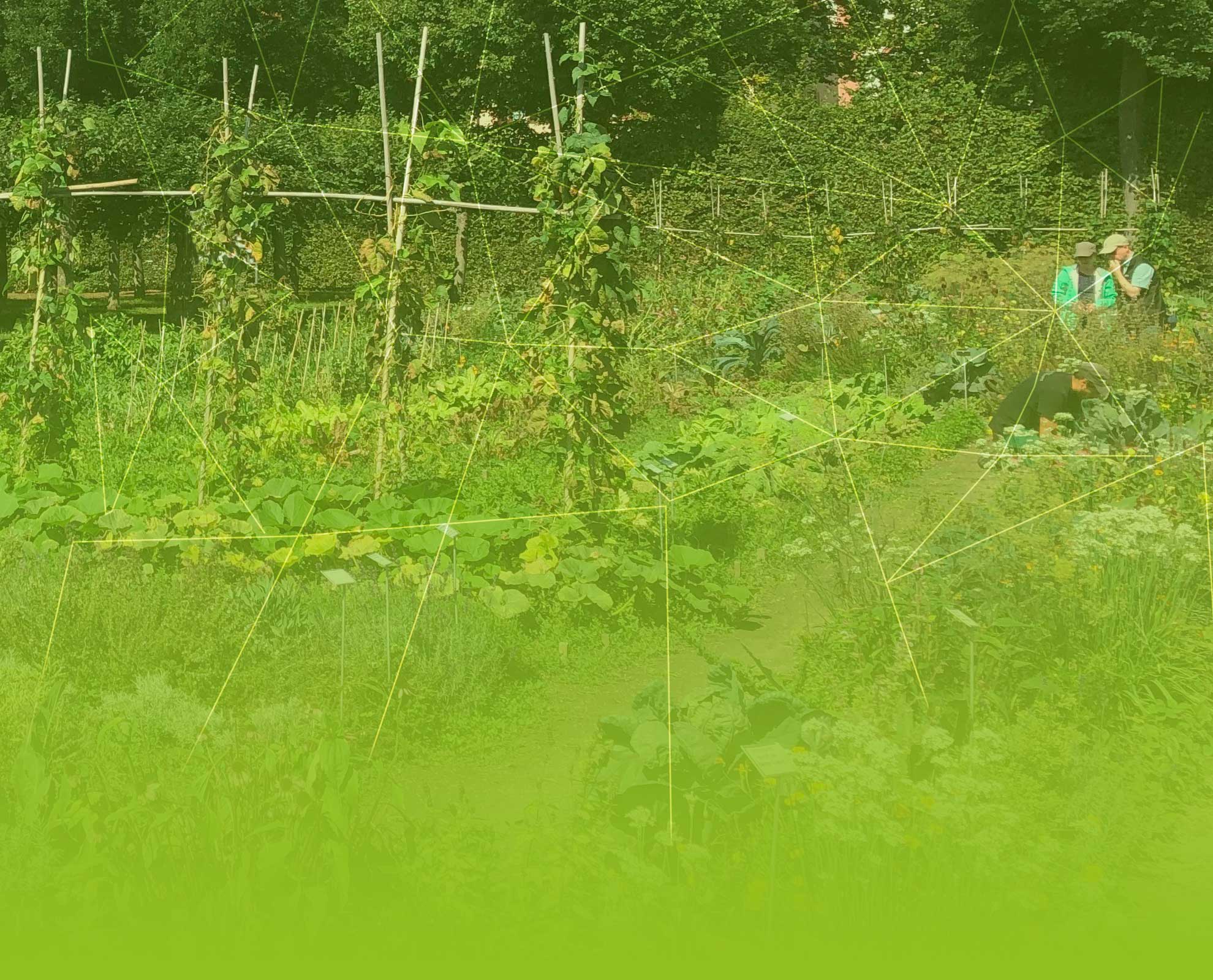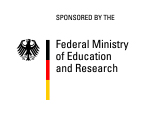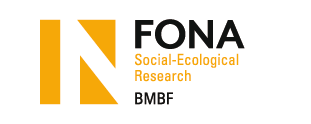This cluster is about, inter-alia, the following questions:
• What is the potential of (in particular: social) life cycle assessments (LCA) – namely the evaluation of products and services across their entire life cycle – for assessing sustainability?
• What role does the choice of indicator play in the context of sustainability assessment? How can it be systematically structured?
• How can research deal with the normative dimension of sustainability assessment; that is, the choice of scale and the objective chosen to evaluate sustainability?
• How can different indicators be used toward an overarching sustainability assessment? What needs to be given particular attention?




